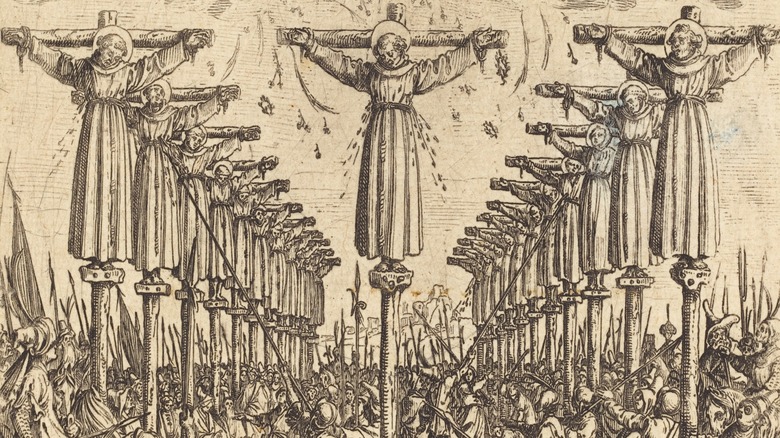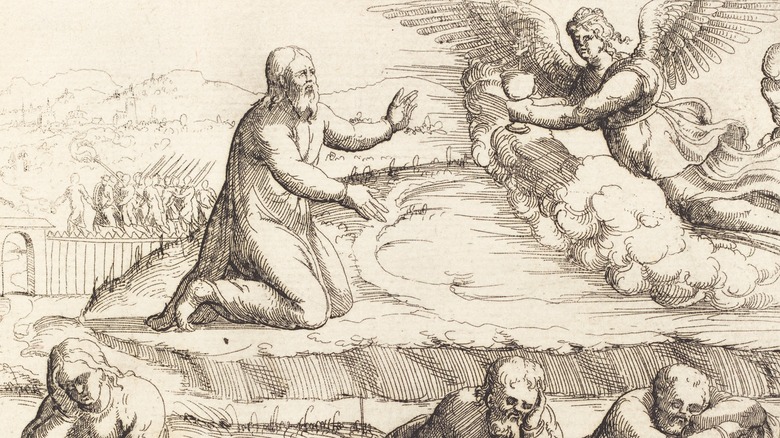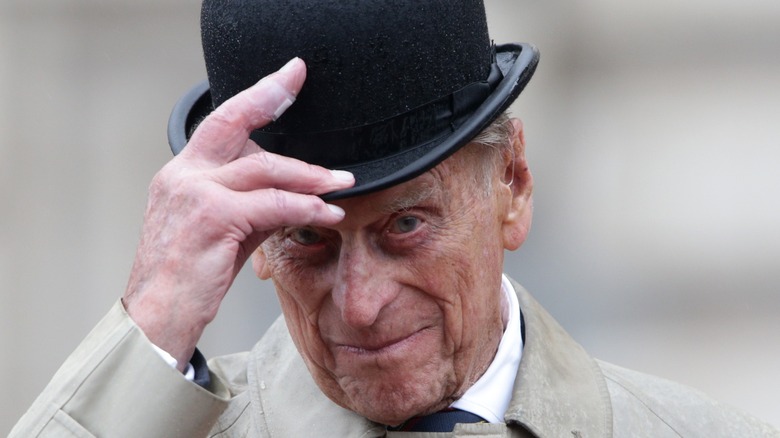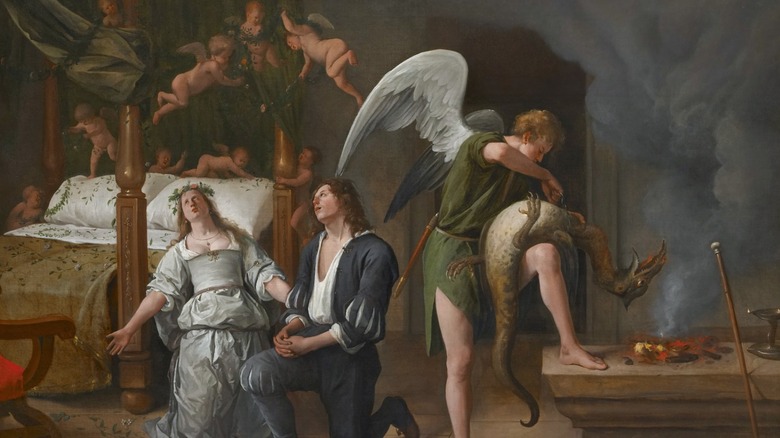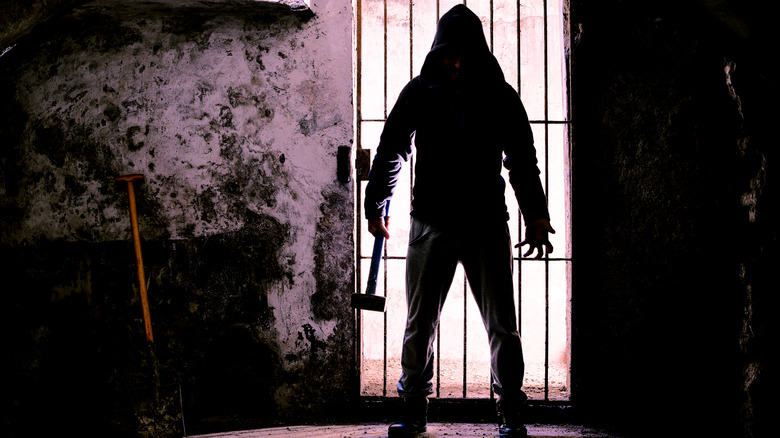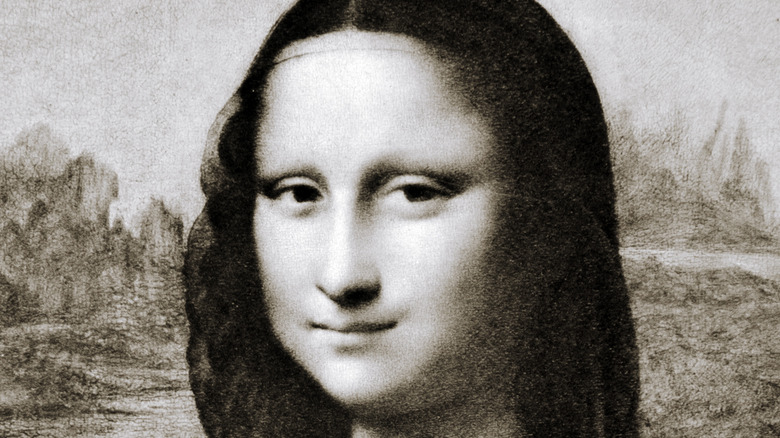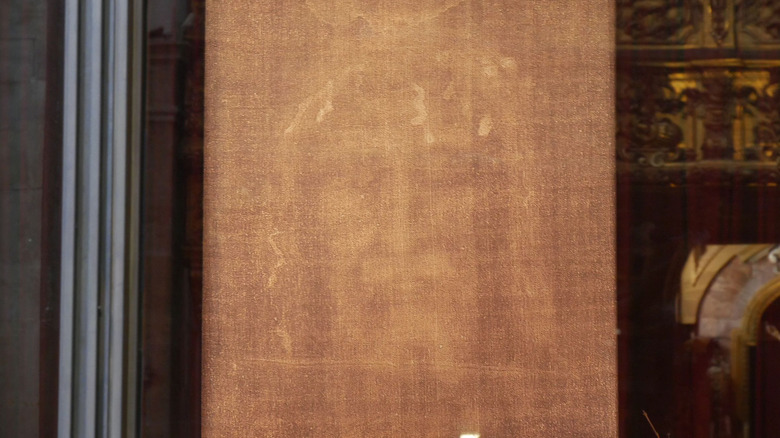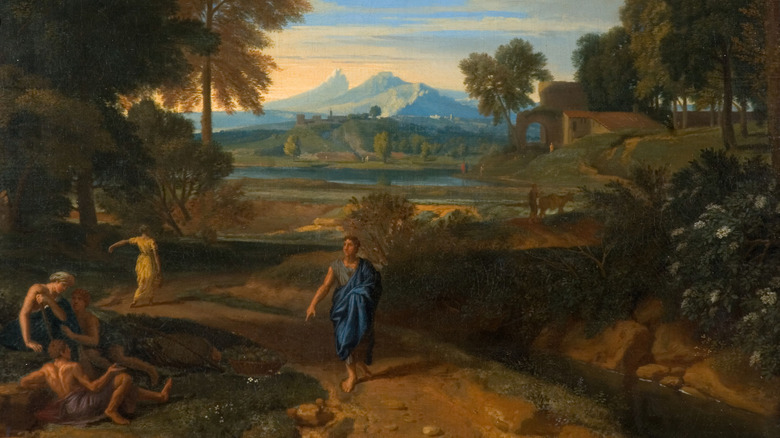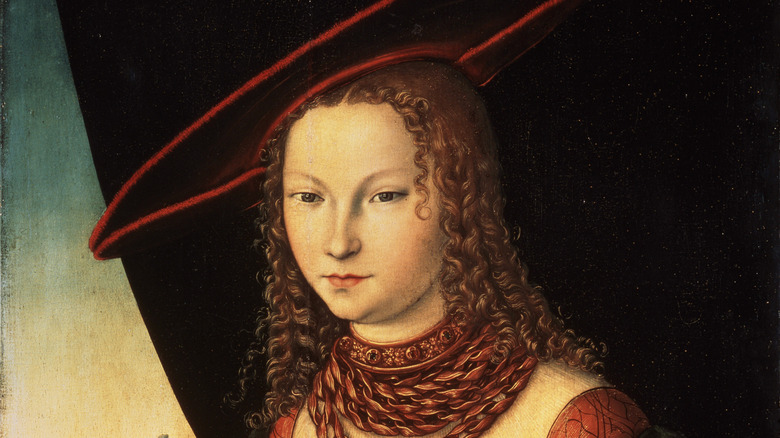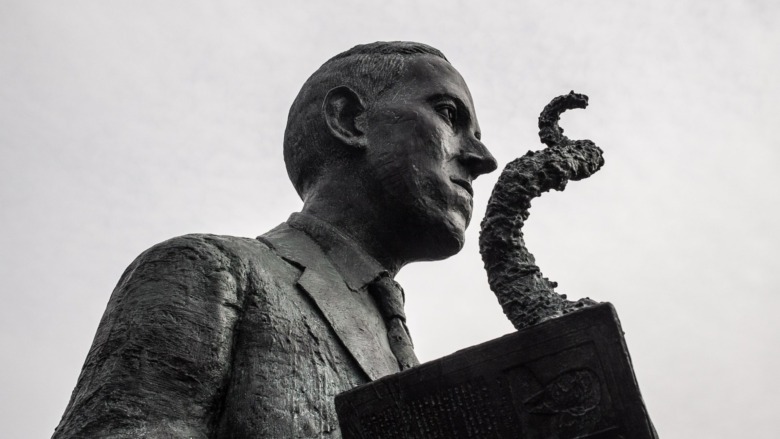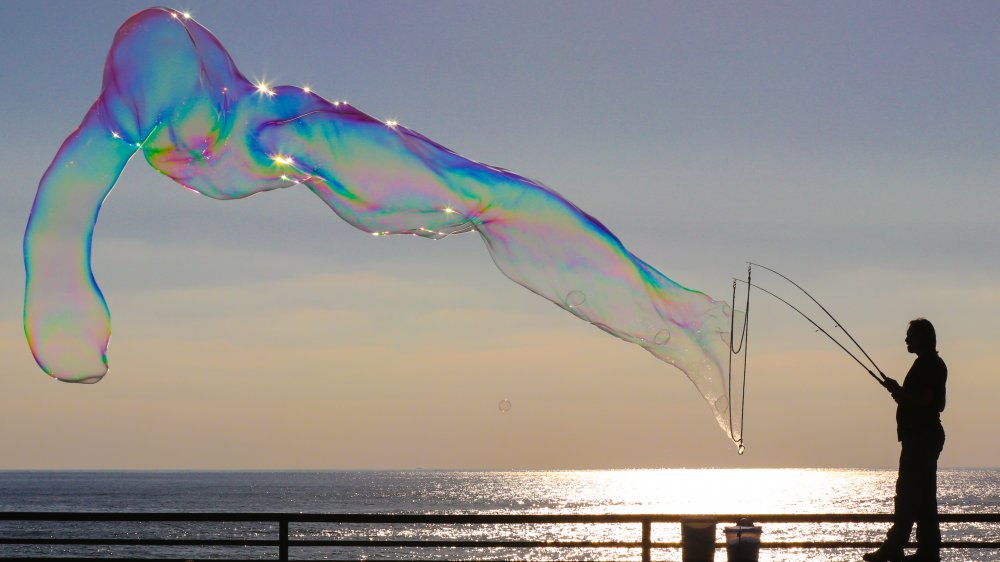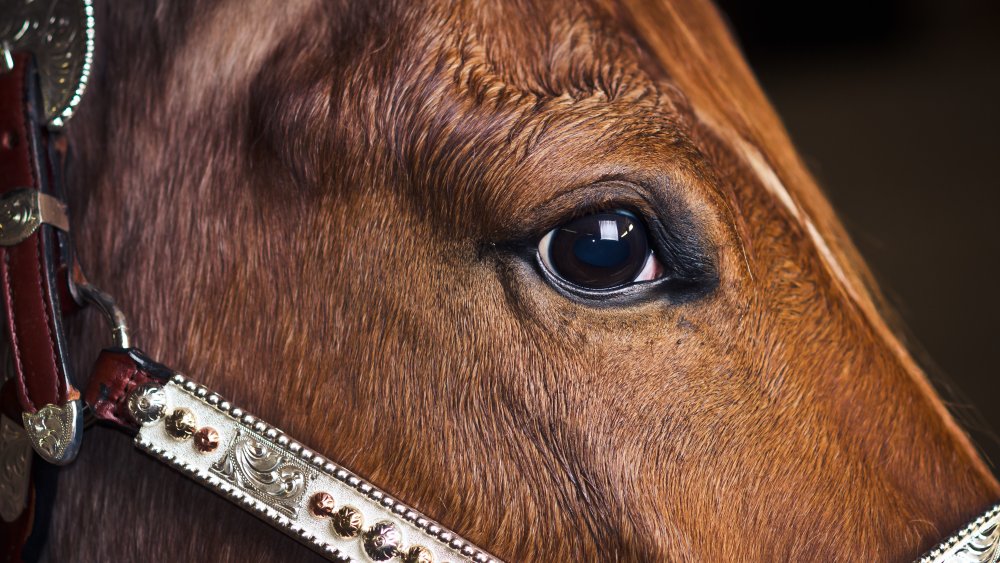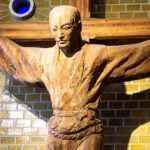
The Horrifying Way Feudal Japan Tried To Eliminate Christianity
Religious persecution and martyrdom is one of the few global constants throughout history, with more willing to die for their gods than any other cause throughout the millennia of human society. While Christianity had its fair share of crusades and conversions over the centuries to become the present day’s most popular religion, followers of Christ found themselves on the receiving end of a brutal inquisition in Feudal Japan.
According to Ranker, missionaries — Jesuits from Portugal and Franciscans from Spain, says the BBC — brought Christianity to Japan in the 1540s. While the new religion gained a following, feudal lords were wary of what they perceived as an imperialistic threat, and began to persecute Christians. Within 50 years, a panicked lord had 26 missionaries rounded up, publicly mutilated, and crucified as a stark warning to Christians in the Land of the Rising Sun. Notably, all 26 were given a chance to renounce their religion and be acquitted; all refused. They were martyred in Nagasaki in 1597. Ranker also points out that despite the irony, Japan had been practicing crucifixion as a punishment long before this.
Japanese Christians had to pray in secret
The punishment for Christians became more severe and sadistic going into the 17th century. In a practice known as fumie, Christians that were caught had to publicly step on an image of Christ on the cross, renouncing their faith (via BBC). Those who refused could be subject to crucifixion, or in some cases “reverse hangings,” where a martyr was bound tightly and lowered upside down into a pit of excrement. Others were burned alive, crushed, and slowly sliced with bamboo saws. The fumie became an annual tradition in Nagasaki, a port city that had plenty of European contact and was nearly 50% Christian at its peak.
An estimated 2,000 martyrs chose to die rather than renouncing their faith. Some performed the fumie but existed as “hidden Christians,” secretly praying, celebrating Easter, and incorporating Japanese elements into their religious practice to avoid persecution. For nearly two centuries, Japanese Christians had to practice their faith in the shadows, until the 19th century, when the country was opened up, the fumie banned. The ban on Christianity was finally lifted in 1873. The BBC reported in 2019 that approximately 1% of Japan’s present population is Christian. The largest Christian community is in Nagasaki.
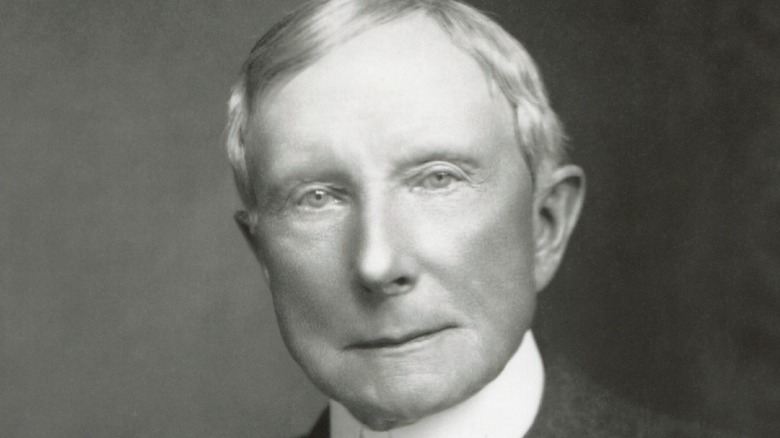
How John D. Rockefeller Avoided Civil War Combat
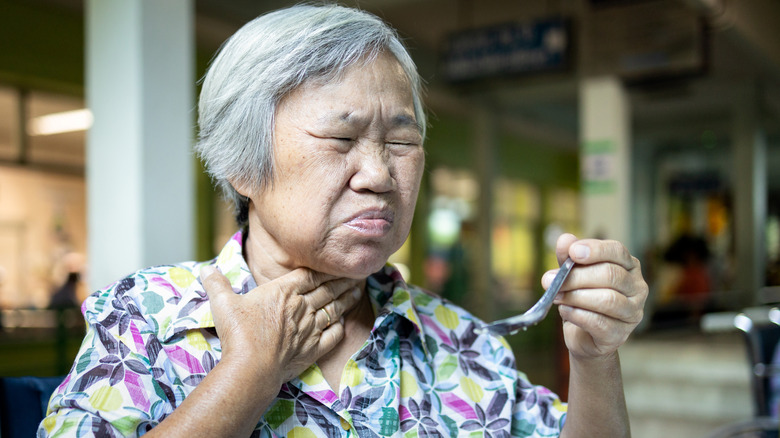
When You Choke To Death, This Is What Happens To Your Body

The Tragic Truth Behind The Andes Plane Crash

What Would Happen If The Burj Khalifa Collapsed
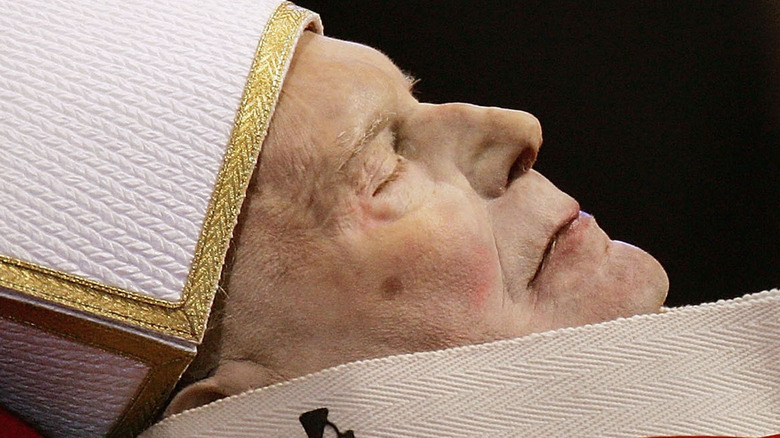
Here's What Happened To The Bodies Of These Popes

Christopher Scarver: The Truth About The Man Who Killed Jeffrey Dahmer
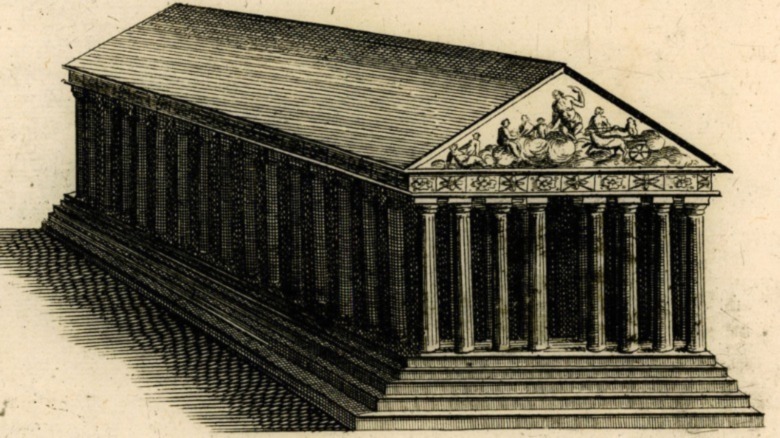
The 1687 Explosion That Destroyed The Parthenon
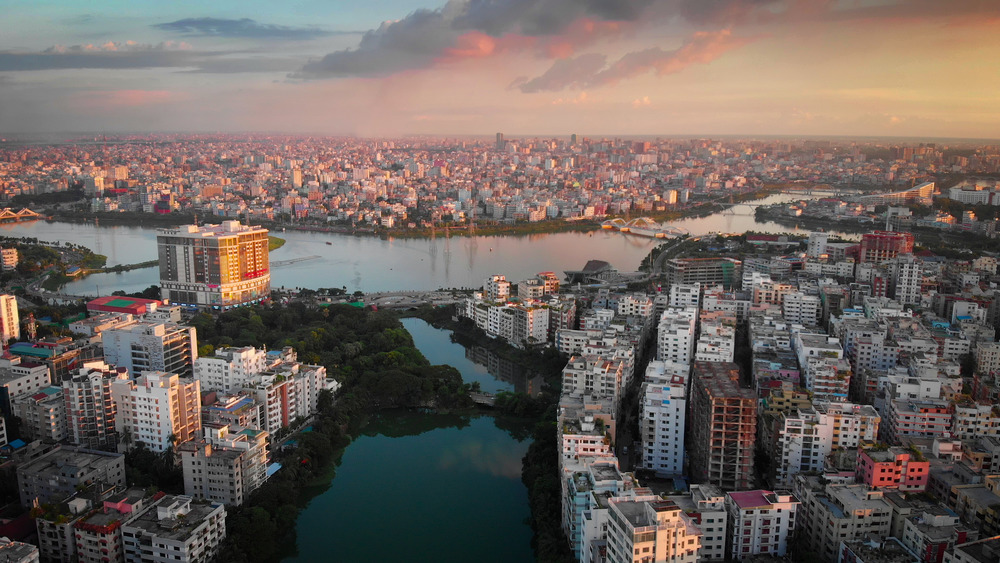
This Is The Most Densely-Populated Country In The World
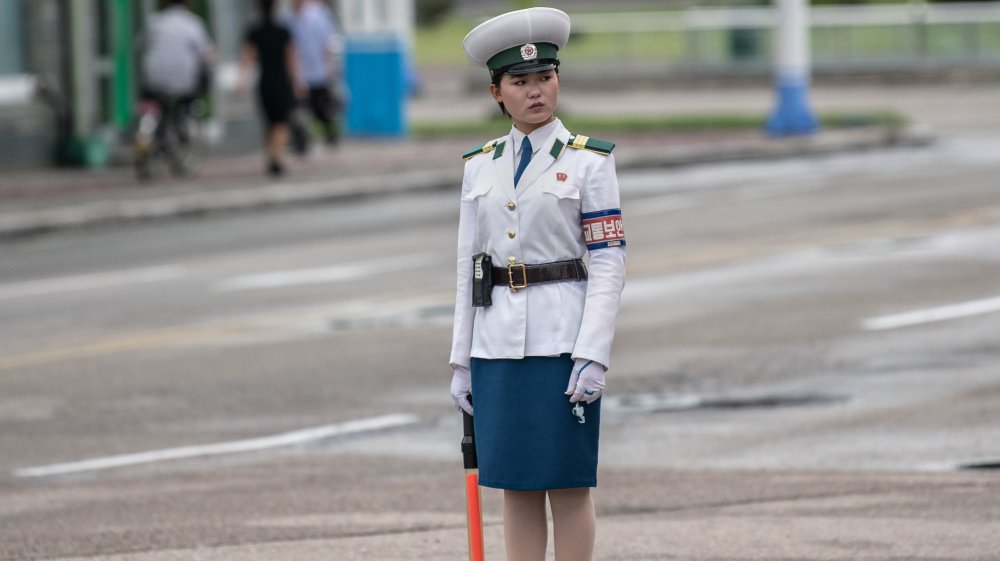
Why North Korea Has Actual Fashion Police
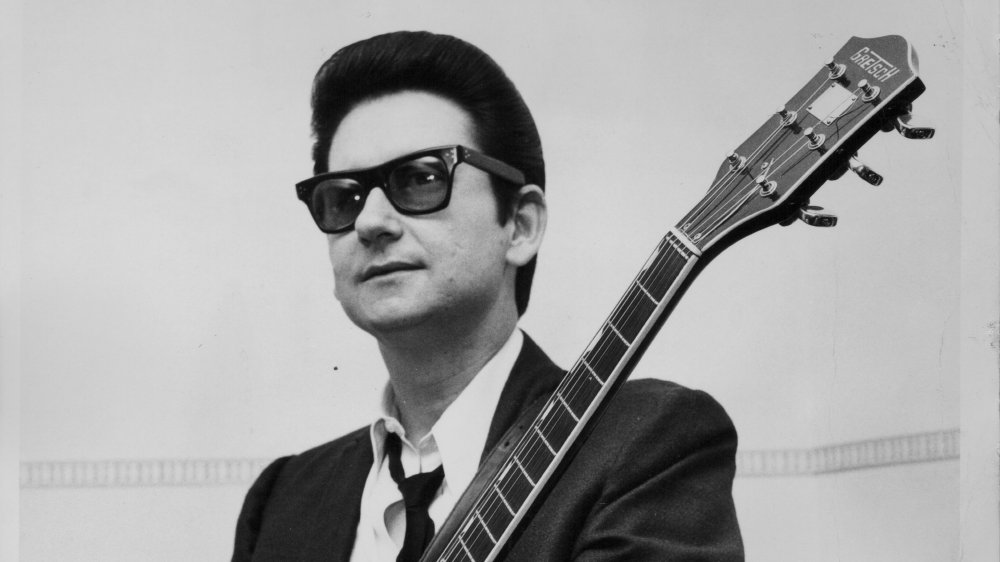
The Tragic Life Of Roy Orbison
